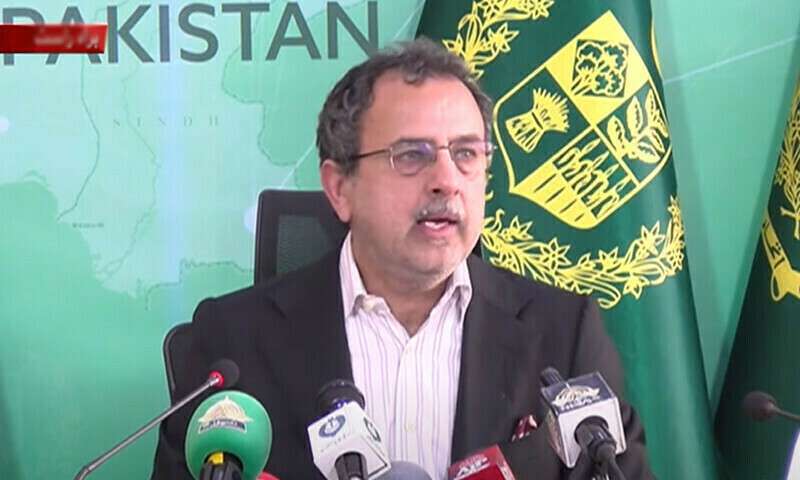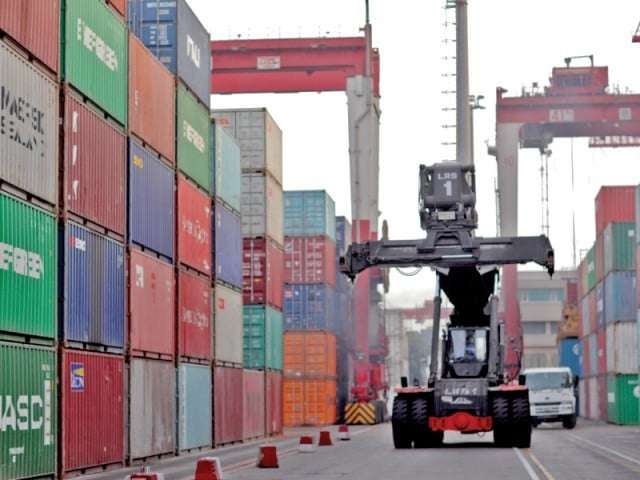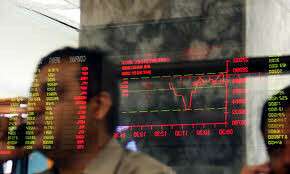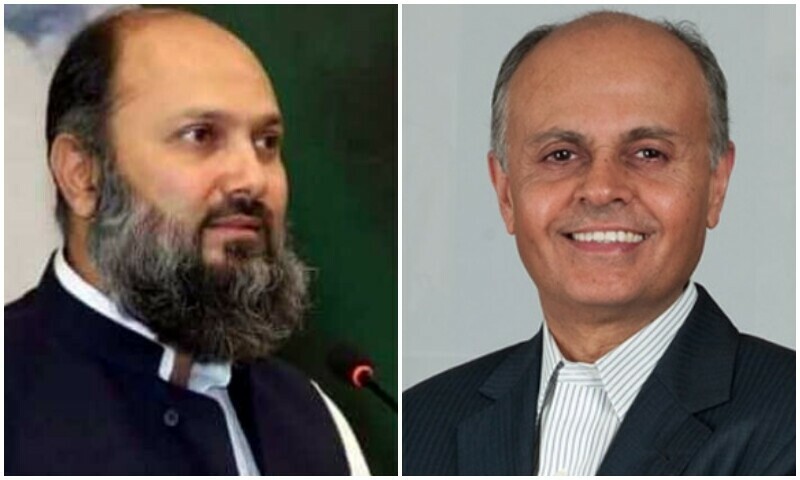Introduction: A Key Step Towards Affordable Electric Vehicles
Pakistan’s government has taken a major step to promote electric vehicles (EVs) in the country, with the Power Minister, Awais Leghari, announcing a 45% reduction in tariffs for electric charging stations. This decision is aimed at making EVs more accessible to the public, aligning with the broader vision of reducing the nation’s carbon footprint and dependency on imported fossil fuels. The policy shift represents a significant move in Pakistan’s efforts to combat climate change while addressing the rising cost of petroleum products.
H1: Government’s Strategic Decision on EV Charging Tariffs
In a press briefing, Awais Leghari, the Power Minister, revealed that the tariff for charging electric vehicles at designated stations will be slashed from Rs71.10 to Rs39.70 per unit. This reduction in tariffs represents a cut of almost 45%, a crucial step in making electric vehicles more affordable and accessible to Pakistani citizens.
H2: Government’s Vision for Electric Vehicles in Pakistan
The government’s commitment to increasing the availability of electric vehicles (EVs) in Pakistan dates back to 2016-2017, with the launch of the National Electric Vehicle (NEV) Policy in 2020. This initiative was part of Pakistan’s broader commitment to reducing greenhouse gas emissions, with the transport sector contributing to 43% of airborne emissions in the country. The NEV policy also outlines measures to reduce the nation’s dependency on imported fossil fuels, providing a strategic alternative to the high cost of petroleum imports.
H3: Why Reduce Tariffs for EV Charging Stations?
Electric vehicles are rapidly gaining popularity worldwide as countries take significant steps to combat climate change. However, one of the biggest barriers to EV adoption is the high cost of charging. By reducing the tariffs for charging stations, the Pakistani government aims to make EVs more accessible to a larger segment of the population. With this move, individuals who own electric motorcycles and small cars will find it easier and more affordable to charge their vehicles. This is expected to encourage more people to switch to electric vehicles, thus reducing Pakistan’s reliance on petroleum-based vehicles.
H2: The Impact of Lower Charging Station Tariffs on EV Adoption
Awais Leghari emphasized that this new tariff structure would also benefit those who use two-wheelers or three-wheelers, making it easier for them to switch from traditional petrol-powered vehicles to EVs. This decision is expected to pave the way for the growth of a more sustainable transportation sector, contributing to Pakistan’s environmental goals and reducing its burden on foreign exchange reserves.
H3: How Will This Policy Impact Consumers?
The decision is expected to provide significant relief to EV users, who have been facing high electricity charges for charging their vehicles. The government is also expected to offer green energy loans for the owners of two-wheelers and three-wheelers to buy batteries, further encouraging the transition to electric vehicles.
H2: Support for Investors and Consumers in the EV Sector
The Power Minister also noted that the government was keen on supporting investors in the EV sector, alongside consumers. The reduced tariff is expected to encourage the establishment of more charging stations, which will help build a comprehensive infrastructure to support electric vehicles in Pakistan. This is a critical step in scaling up the adoption of electric vehicles, as a robust charging infrastructure is one of the key enablers of EV adoption worldwide.
H3: Encouraging Local Manufacturing and Green Energy Loans
As part of the government’s NEV policy, subsidies have been introduced for electric motorcycles and three-wheelers. A Rs50,000 subsidy will be available for electric motorcycles, while electric rickshaws (three-wheelers) will receive a Rs200,000 subsidy. These subsidies are part of an Rs4 billion allocation aimed at making electric vehicles more affordable for the masses.
The government is also working to arrange green energy loans for individuals interested in purchasing EVs, which will further support the growth of the EV market in Pakistan. The push for local manufacturing is also gaining traction, with companies like BYD Group of China and Dewan Motors set to launch their EVs in the country under the completely knocked down (CKD) license.
H2: Role of EVs in Combating Climate Change
The decision to lower tariffs for electric vehicle charging stations is not just an economic move but also a crucial environmental step. Prime Minister Shehbaz Sharif, in his address to the federal cabinet, highlighted the need for affordable EVs to combat climate change. By promoting electric vehicles, the government hopes to reduce pollution, as EVs are a cleaner alternative to fossil fuel-powered vehicles.
H3: The Importance of Government Subsidies and Tax Exemptions
The government has introduced several measures, such as tax exemptions and subsidies, to encourage the adoption of electric vehicles. The tax exemptions and subsidies for EV components are designed to promote local manufacturing, which will help reduce the overall cost of EVs. The establishment of a New Energy Fund and a New Energy Vehicle Centre is also part of the government’s efforts to create a sustainable EV ecosystem.
H2: Global Trends and Pakistan’s Role in the EV Revolution
As countries around the world adopt policies to encourage electric vehicles, Pakistan is also aligning its policies with global trends. By offering incentives such as subsidies, lower tariffs, and support for local manufacturing, Pakistan is positioning itself to be part of the global EV revolution. The country’s push for green energy and sustainable transportation is in line with its long-term goals for reducing carbon emissions and ensuring energy security.
H3: International Partnerships in the EV Sector
Pakistan’s push to promote electric vehicles is also supported by international manufacturers. The entry of companies like BYD Group of China into the Pakistani market reflects the growing interest in the country’s EV sector. The government’s efforts to create a conducive environment for EV manufacturers, coupled with its policy incentives, will help Pakistan tap into the global shift towards green energy.
H2: Looking Forward: The Future of Electric Vehicles in Pakistan
With the reduction in tariffs for charging stations, the introduction of subsidies, and the promotion of local manufacturing, Pakistan is on track to accelerate the adoption of electric vehicles. These measures will help reduce the country’s dependence on foreign oil and address environmental concerns by reducing carbon emissions. The government’s continued support for the EV sector, coupled with investments in infrastructure, will be key to the successful transition to a greener and more sustainable transportation system.
FAQs:
- What is the new tariff for EV charging stations in Pakistan?
The new tariff for electric vehicle charging stations has been reduced to Rs39.70, down from Rs71.10, representing a 45% reduction. - Why has the government decided to lower the tariff for charging stations?
The decision aims to make electric vehicles more affordable for Pakistani citizens and promote sustainable transportation to combat climate change. - What are the subsidies for electric vehicles in Pakistan?
The government has introduced subsidies of Rs50,000 for electric motorcycles and Rs200,000 for electric three-wheelers, as part of the National Electric Vehicle policy. - How will the lower tariffs benefit EV owners?
The reduction in charging tariffs will make it more affordable for EV owners to charge their vehicles, thus promoting the adoption of electric vehicles in Pakistan. - What is the government’s long-term vision for electric vehicles?
The government aims to transition 30% of all new vehicles in Pakistan to electric power by 2030, with the goal of reducing pollution and dependence on imported fossil fuels.



